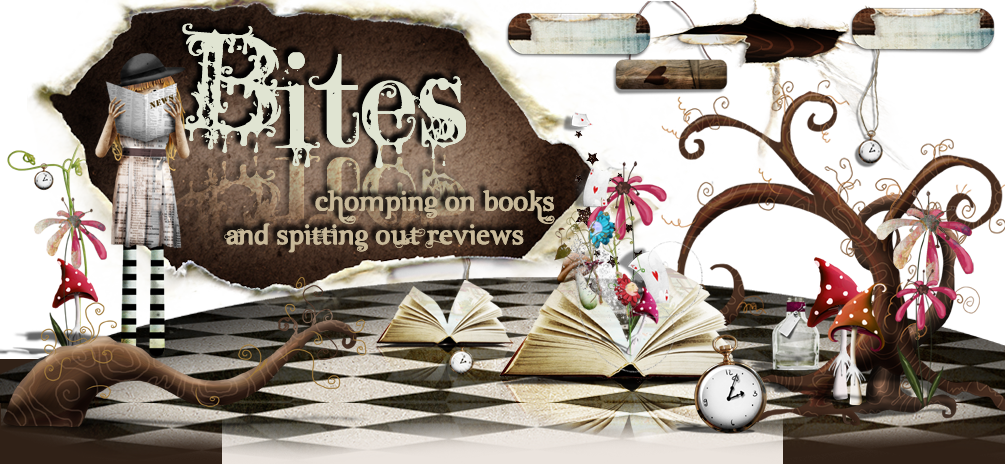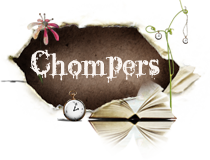Through childhood and adolescence, my mother would take me to the library and I would check out armloads of books. At home, her shelves were open to me—a combination of Reader’s Digest Condensed Books, murder mysteries, James Bond thrillers and historical novels, in addition to what she borrowed from the library.
My older brother, too, had books—mostly science fiction and fantasy—that he’d let me borrow. When we visited my aunt and grandmother, I would read stacks of True Story and True Confession magazines, with the occasional romance thrown in. Not all of it was good, but all of it made me a better reader.
We didn’t have much money. Our vacations were fishing trips to Canada. Books were a doorway into new worlds for a girl who wanted to cross other borders. Books were also a refuge for me when I needed it—when we moved out of state, leaving all my friends behind, and when my mother was seriously ill.
My mother never restricted what I read. She never saw danger between the covers of a book—only opportunities to learn about the world in a safe way. That was her view, though other parents might think differently.
As my reading level improved, I encountered content I didn’t understand. For instance I couldn’t figure out why people were always going to bed together. I never wanted to go to bed—I preferred to stay up and read.
If I asked my mother, sometimes she would offer a brief explanation, and sometimes she would suggest another book I might enjoy. Or I would put it aside myself. Readers and writers are partners in story—and books can be read on many different levels.
 There was very little literature targeted at young adults in those days, so by junior high and high school, I was reading adult books mostly—Michener and Mary Stewart and Marion Zimmer Bradley and Tolkien and John Jacques and hundreds of authors whose names I can’t remember. Most of it was fairly tame—but not all.
There was very little literature targeted at young adults in those days, so by junior high and high school, I was reading adult books mostly—Michener and Mary Stewart and Marion Zimmer Bradley and Tolkien and John Jacques and hundreds of authors whose names I can’t remember. Most of it was fairly tame—but not all. In high school, my teacher caught me reading Valley of the Dolls in Problems of Democracy class—a book that was highly controversial back in the day. I had to go beg for it back, because it belonged to a friend of my mother’s.
Somehow, I survived Valley of the Dolls, True Confessions, and the rest. I got into my share of trouble as a teenager. Like generations of adolescents before me, I was influenced by peers, by hormones, and by the adolescent belief that I was indestructible.
I can’t think of one time that I made a bad decision based on something I read in a book.
I had friends who had complicated lives—alcoholic fathers, divorced parents, abuse situations. They felt so alone—as if they were the only teens in the world that weren’t living a sitcom life. It would have helped tremendously if they could have found themselves in story.
I had friends who had complicated lives—alcoholic fathers, divorced parents, abuse situations. They felt so alone—as if they were the only teens in the world that weren’t living a sitcom life. It would have helped tremendously if they could have found themselves in story.
I went on to become a first generation college graduate, a health professional, a college professor, an author.
I’m a parent myself, though my boys are grown now. When they were teenagers, I envied their access to a huge range of books written just for them. Books about diverse topics and diverse people. We loved talking about books together. My older son, especially, read far above his grade level. There were times I had to lobby for him so he could gain access to richer, more challenging books.
Nobody considers the adult audience for books to be homogeneous. The teen reading audience is just as diverse in terms of what individuals can handle. It is disrespectful and condescending to limit all teens to literature that offends nobody.
As a parent, I honor the right of parents to monitor and participate in the book choices their children make. And I ask them to honor my choices as well. I don’t want other parents and gatekeepers making that decision for me—or my children.
Cinda Williams Chima has authored two best-selling fantasy series: The Heir Chronicles (The Warrior Heir, The Wizard Heir, The Dragon Heir) with two books forthcoming; and the Seven Realms series (The Demon King, The Exiled Queen, and the newly-released The Gray Wolf Throne) with more forthcoming. You can find information about her tour for The Gray Wolf Throne and other upcoming events here http://cindachima.com/Events/events.htm.
More information and excerpts from each book are available on her website, www.cindachima.com. Help for writers can be found under Resources/Tips for Writers, including a document called, “Getting Started in Writing for Teens.”
Chima blogs at http://cindachima.blogspot.com/, where you’ll find rants, posts on the craft of writing, and news. Visit her Seven Realms http://www.facebook.com/Seven.Realms and Heir Chronicles http://www.facebook.com/Heir.Chronicles pages on Facebook.










